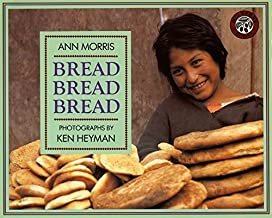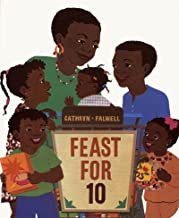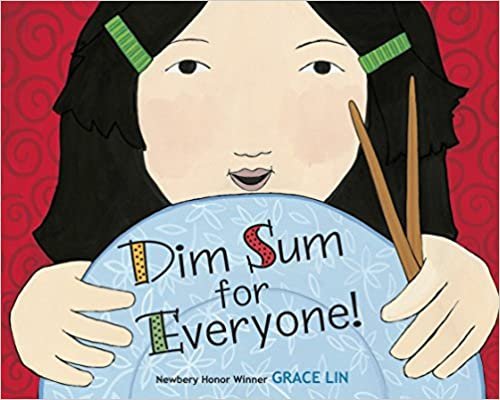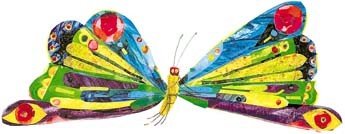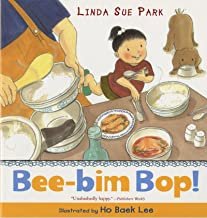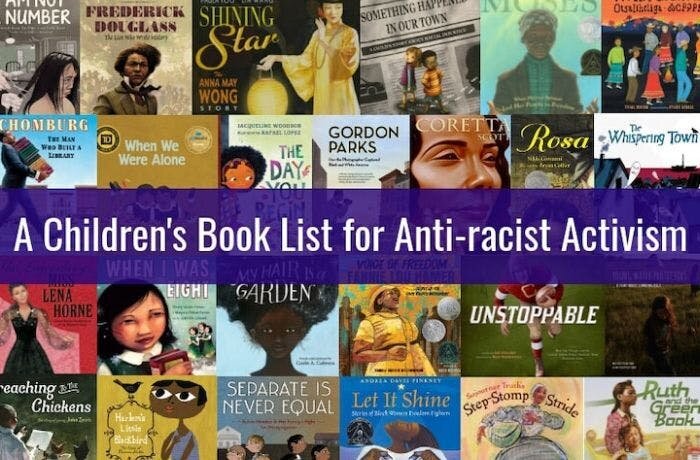
FAMILY BUZZ
PARENT HANDBOOK 2022-23
Wondering about a policy? Take a look at our updated Parent Handbook
Tips for Raising Healthy Eaters by Ms. Ann
There's an old saying, "You can lead a horse to water, but you can't make it drink". I've felt this way as a parent when feeding my child who had a hard time eating. I learned that my job was to provide healthful food options and encouragement, and my children had the power to choose to eat them or not.
Here are a few tips that I've learned over the years as a parent and preschool teacher to help children explore and enjoy a variety of healthy foods.
Offer a variety of foods from all of the food groups (grain, protein, fruit, vegetables, dairy). Save sweet and salty snacks for "sometimes treats".
Explore new foods together, but don't require them to eat them. Encourage them smell the food or to touch it to their tongue, if they don't necessarily want to take a bite. Ask questions about the foods such as: "Is it soft? crunchy?" The other day at snack we noticed that the peas popped when we took a bite! This encouraged some who were hesitant to try the peas.
Show flexibility, model trying new foods with your child. Refrain from speaking negatively about your own dislikes.
Involve your child in the process. They are more likely to try things that they've been able to help with.
Garden together - children are very excited to eat food that they've grown in their own yard or in a pot on the patio or even inside by a sunny window. Lettuce and herbs grow well in a pot if you are limited for space.
Grocery shop together - talk about where different foods come from. Older children can help to write or "read" the grocery list.
Visit a farm or orchard to see where foods come from.
Cook together - let your child stir, add ingredients, etc. Personal pizzas with naan bread are fun to make. Kids can spread on sauce and add their favorite toppings!
Go to the library and find books about food! This is a great way to learn about foods from a variety of cultures. Here are a few of my favorites:
Today is Monday by Eric Carle
Bee-bim Bop by Linda Sue Park
Resources for Talking With Kids About Race/Racism
We are all navigating the serious issue of racism in our country. We have put together a starting point of resources for you as you have these on-going conversations in your family.
This article from NAEYC (National Association for the Education of Young Children) explains our approach in teaching preschoolers about appreciating the uniqueness of each person and their culture at WWP.
Kids Book about Racism read on You Tube by Author Jelani Memory, who is multiracial.
ARTICLES
Talking Race With Young Children - NPR
Some highlights of this story:
Even babies notice differences like skin color, eye shape and hair texture. Here's how to handle conversations about race, racism, diversity and inclusion, even with very young children.
A few things to remember:
Don't shush or shut them down if they mention race.
Don't wait for kids to bring it up.
Be proactive, helping them build a positive awareness of diversity.
When a child experiences prejudice, grown-ups need to both address the feelings and fight the prejudices.
You don't have to avoid topics like slavery or the Holocaust. Instead, give the facts and focus on resistance and allies.
Here’s a quick summary:
Limit children’s exposure to news.
For big stories, ask: "What have you heard and how are you feeling?" While it's important to limit your kids' exposure to potentially frightening media, some stories are simply too big to avoid. And as kids get older, if they don't hear about it at home, they'll almost certainly hear something from classmates at school. Tara Conley, a media researcher at Montclair State University, says adults should choose a quiet moment to check in with their kids, maybe at the dinner table or at bedtime. The idea, she says, is to allow kids to "ask questions about what they're seeing, how they're feeling and what do they think." In other words: Give kids a safe space to reflect and share.
Give simple facts, in context.
When they ask why something happened, avoid labels like "bad guys." Evan Nierman, a father of two, lives in Parkland, Fla. His son turned 11 the day after the 2018 shooting at Marjory Stoneman Douglas High School, and his daughter was 8. He says one of the toughest moments for him as a father was when his kids asked why the shooting happened. "And there's obviously not a great answer for that. It's hard to explain." Truglio says we should resist the temptation to label anyone "bad guys" or "evil." It's not helpful, and it may increase fear and confusion. Instead, she says, talk about people being in pain, being angry and making bad choices. That's what Nierman and his wife settled on, telling their children that the shooter wasn't well and needed help. And according to Truglio, there's one important thing parents shouldn't be afraid to say: “I don't know”.
Allow your child to process what s/he is experiencing through art and play.
Look for the helpers - and BE a helper.
For parents who are white, this article talks about teaching your children by example.
Mom, why don't you have any black friends?
PODCASTS
Talking about issues around race can be uncomfortable, it can also be difficult to find a place to start. That's where On Ramp comes in. On Ramp is your starting point in learning more about race, racism, and reconciliation, and it's all through the lens of Christian spirituality.
WWP parent and board member, Ebony Ramquist, hosts a podcast Ebony Ramquist: HUE
“We believe the insight and wisdom of the series guests will encourage, equip, and challenge you to navigate the present, while inspiring you to look beyond white supremacy through the bold prayer: What’s Next?”
Fun & Learning at Home! Rhyming
STORY TIME - with Ms. Becky
Spring is Here!
Fun with Words
"Hop & Pop - Hey, those words rhyme!" Young preschoolers are exploring words and sounds. Point out to them when you hear rhyming words in songs and books and in play.
Rhyming Game: Point to things in your environment and name them. Then see if you can think of a word that rhymes with that word i.e. fan/pan, shoe/blue, bear/hair
Read nursery rhymes to your child. See if they can guess what the rhyming word will be. Look for clues in the pictures in the book. For example, "There was an old woman who lived in a shoe, she had so many children, she didn't know what to ___." (do)
Sing rhyming songs together: "Hush Little Baby", "I'm a Little Teapot", "The Ants Go Marching"
Craft: Make butterflies out of coffee filters and pipe cleaners. Use markers and spray with water, or watercolor paint to put color onto your butterfly.
Sarah Bates is on our Board of Directors. Some of you may remember her as a past volunteer in Ms. Tarah's room. Sarah is now teaching at The Berry Patch Preschool. She and her girls have this fun idea to share with us about a "Boat Float"!
Boat Float!
How many coins can you add to your boat and still have it float?
Share with us what you are doing at your house.




